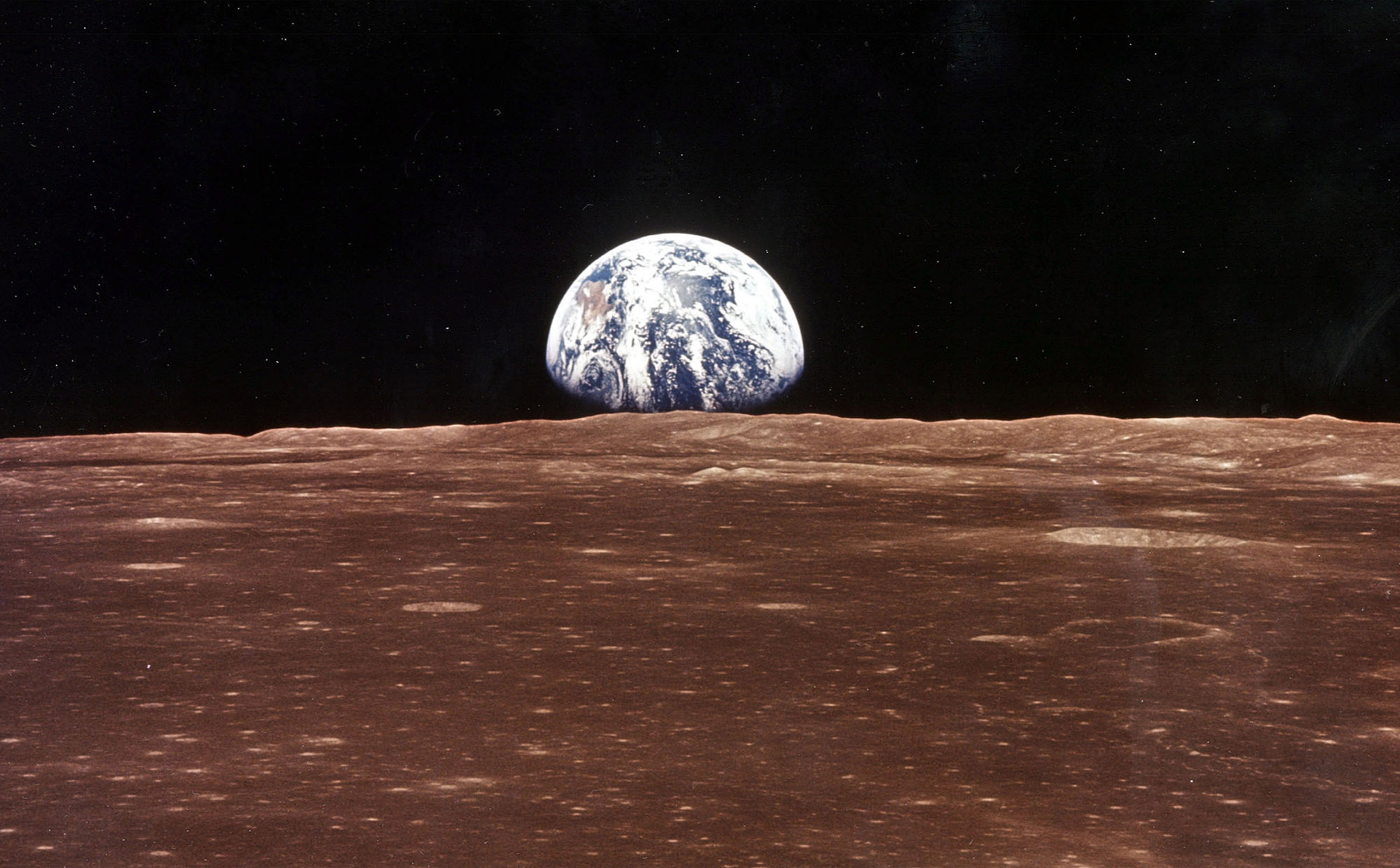Earth's Spin Intensifies This Summer: The Reason Revealed

Understanding the Earth's Sudden Speed-Up
If you're someone who gets a lot done in a day, you appreciate every second that makes up the 86,400 seconds in a day. However, on certain days like July 9, July 22, and August 5, the Earth will be spinning faster than usual, shaving off between 1.3 to 1.5 milliseconds from the typical 24-hour day. While a millisecond may seem insignificant—equivalent to an eyeblink taking about 100 milliseconds—it is critical when it comes to precise timekeeping.
The Role of Atomic Clocks
Atomic clocks are essential tools for tracking the Earth’s rotation with remarkable accuracy. There are approximately 450 atomic clocks operating worldwide, each gaining or losing only about one second every 100 million years. These clocks are not just for keeping time; they are vital for systems such as weather satellites, GPS, telecommunications, and even military operations. When these clocks start to fall out of sync with the Earth's rotation, it signals a need for adjustments.
Record Shortest Day
The shortest day ever recorded since the advent of atomic clocks in the 1950s occurred on July 5, when the Earth shaved off 1.66 milliseconds. This was followed by another short day on June 30, 2022, where the day was 1.59 milliseconds shorter than normal. With three more short days predicted in the coming weeks, this summer is proving to be unusually rare.
Why Is the Earth Spinning Faster?
There are several potential reasons for the Earth's sudden speed-up. One likely explanation involves the moon's position. The moon's orbit around the Earth is elliptical, and its distance varies between perigee (closest point) and apogee (farthest point). On the days in question, the moon will be at or near apogee, which typically causes the Earth to slow down. However, the moon's orbital angle relative to the Earth's equator also plays a role. When the angle is steeper, the Earth can spin faster, counteracting the usual slowing effect of the moon's gravity.
Other Factors Affecting Earth's Rotation
Earthquakes can also influence the Earth's rotation by redistributing mass beneath the surface. For example, the 2005 earthquake in Indonesia shifted the Earth’s polar mass, shortening the day by 2.68 microseconds. However, no major earthquakes have occurred recently, ruling them out as a cause for the current speed-up.
Climate change is another factor that could affect the Earth's rotation. Studies have shown that melting glaciers have shifted the planet's axis, causing a slight deceleration. If warming continues, it could lead to longer days by the end of the century. Other factors, such as rising ocean levels and atmospheric expansion, can also slightly alter the Earth's rotation, but these effects tend to slow the planet rather than speed it up.
The Moon's Influence
Despite the various factors, scientists are currently focusing on lunar gravity as the most plausible cause of the Earth's current acceleration. The Earth and the moon have maintained a stable relationship for billions of years, and it is unlikely that this dynamic will change soon. While the slight shortening of days might seem concerning, it is part of a natural process that has been occurring for eons.
Conclusion
The Earth's rotation is a complex phenomenon influenced by multiple factors, including the moon's position, seismic activity, and climate change. While the recent acceleration is unusual, it is not cause for alarm. Scientists continue to monitor these changes, ensuring that our global systems remain synchronized with the Earth's natural rhythms.
Post a Comment for "Earth's Spin Intensifies This Summer: The Reason Revealed"
Post a Comment